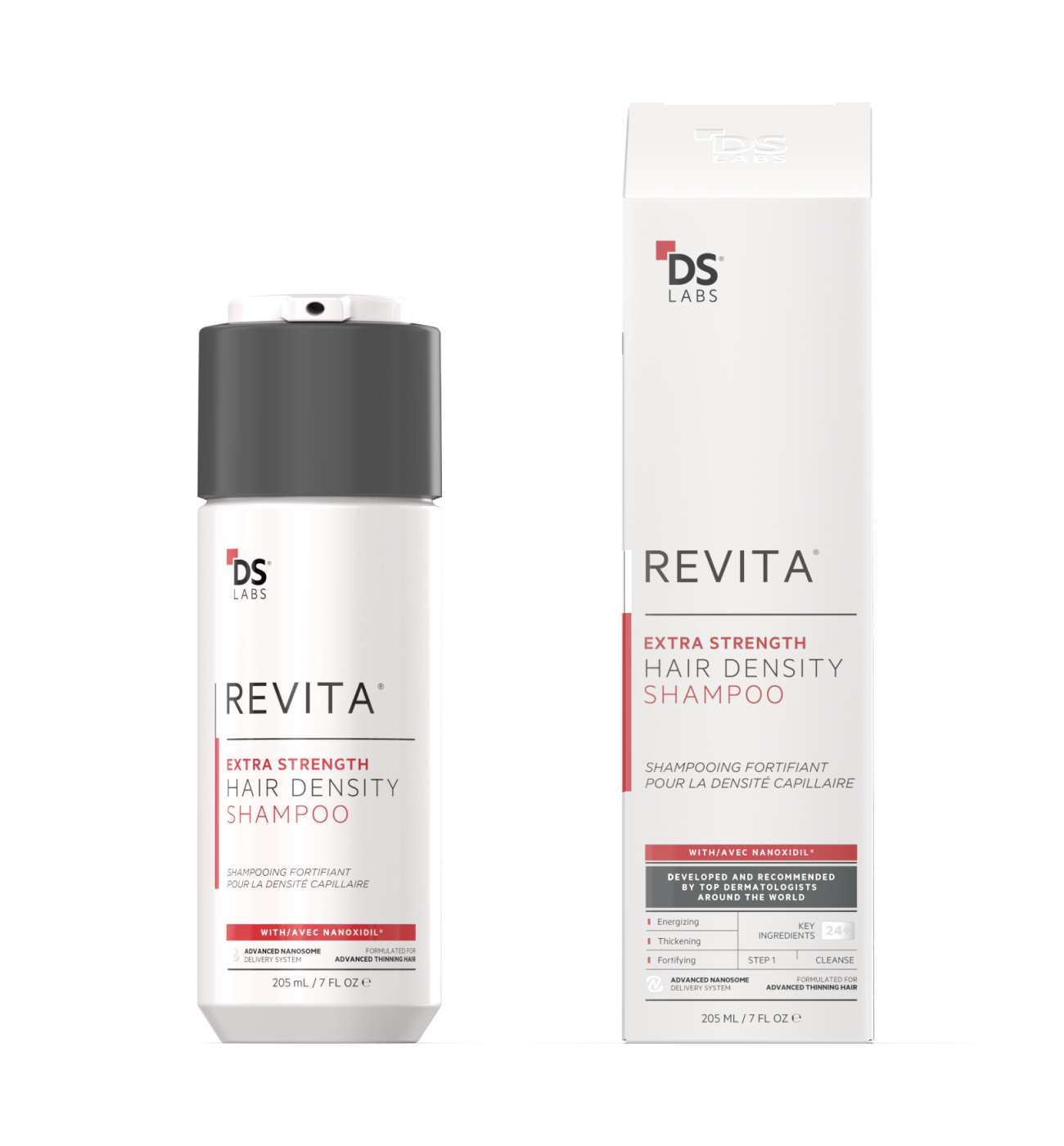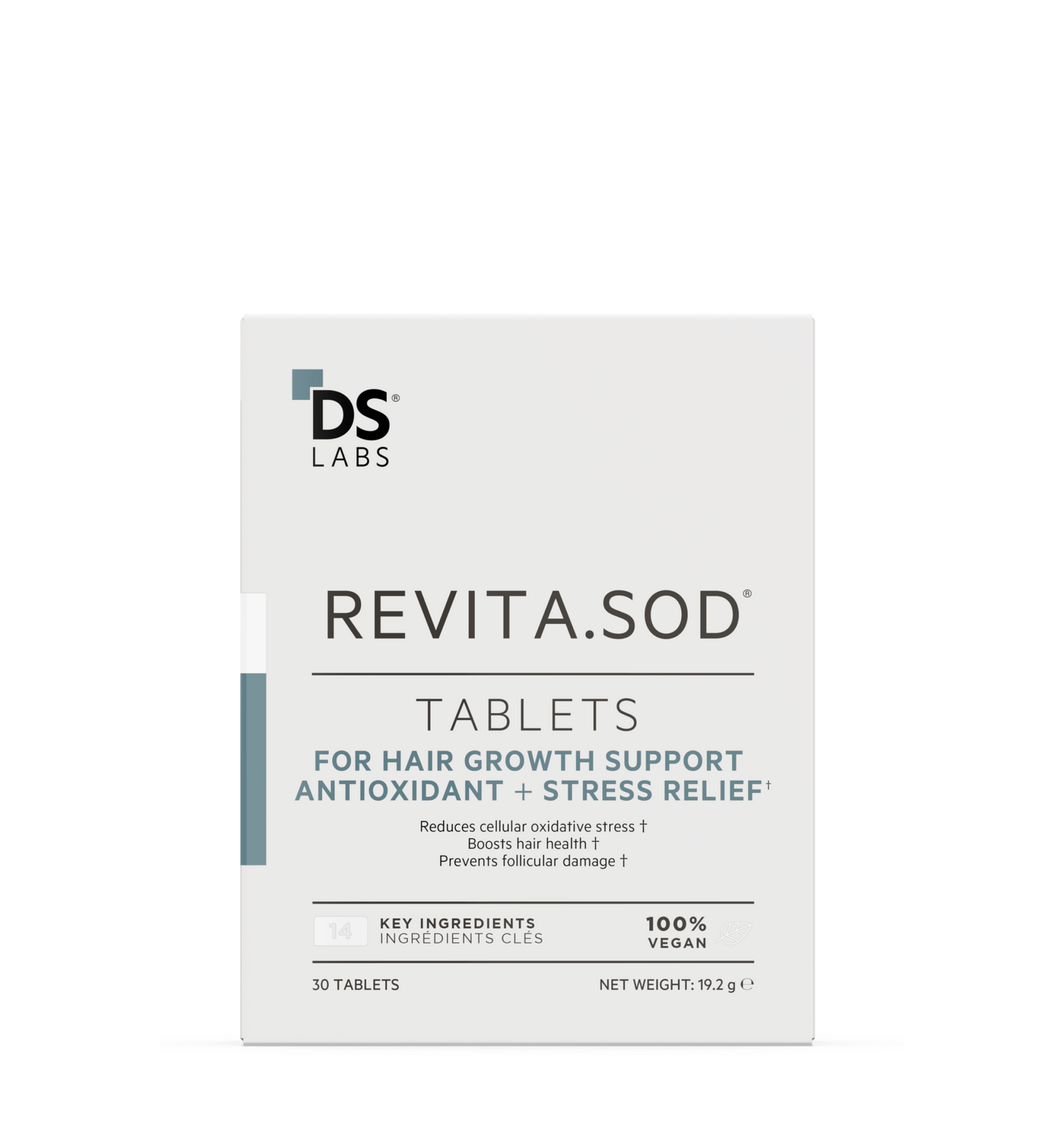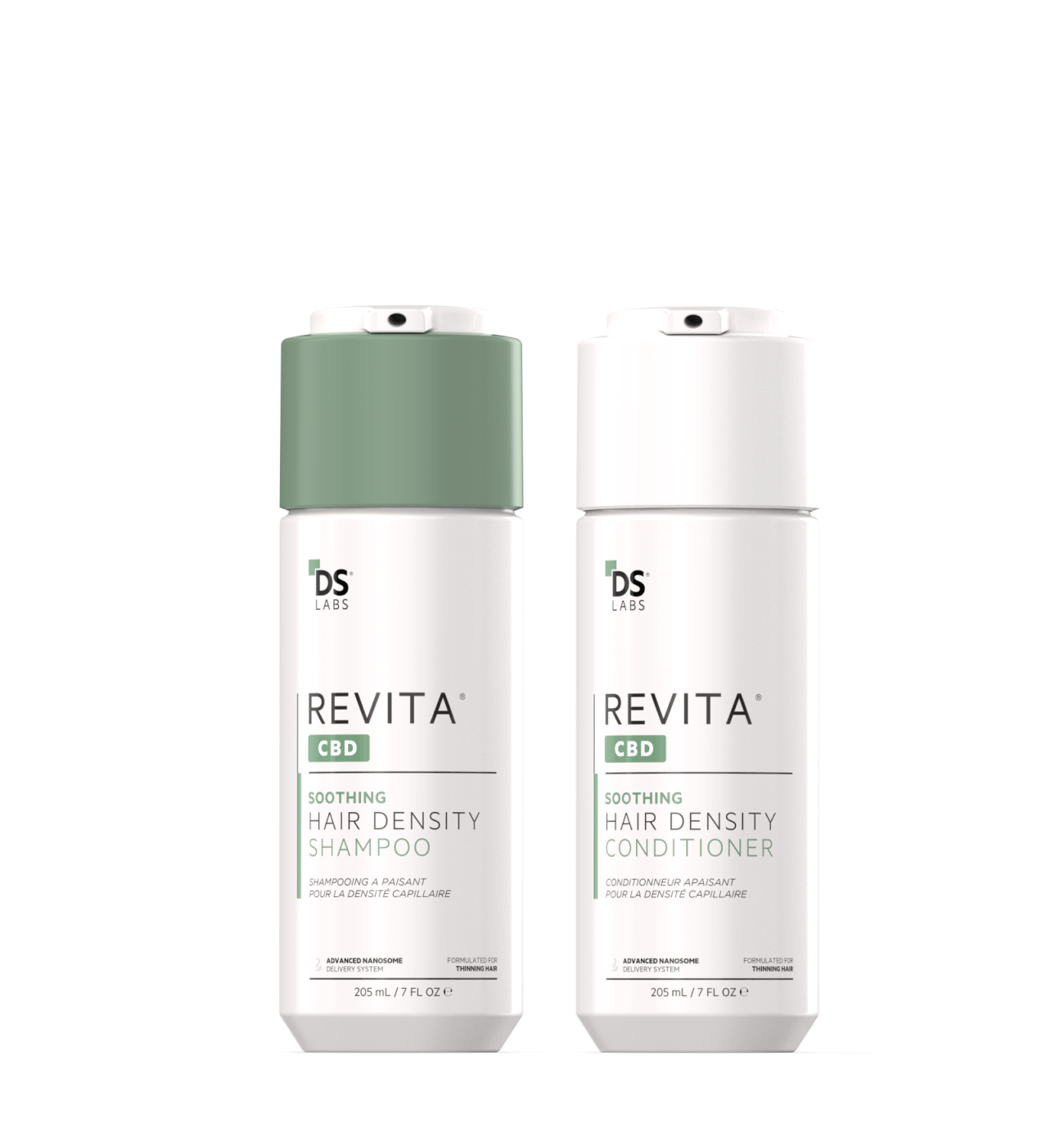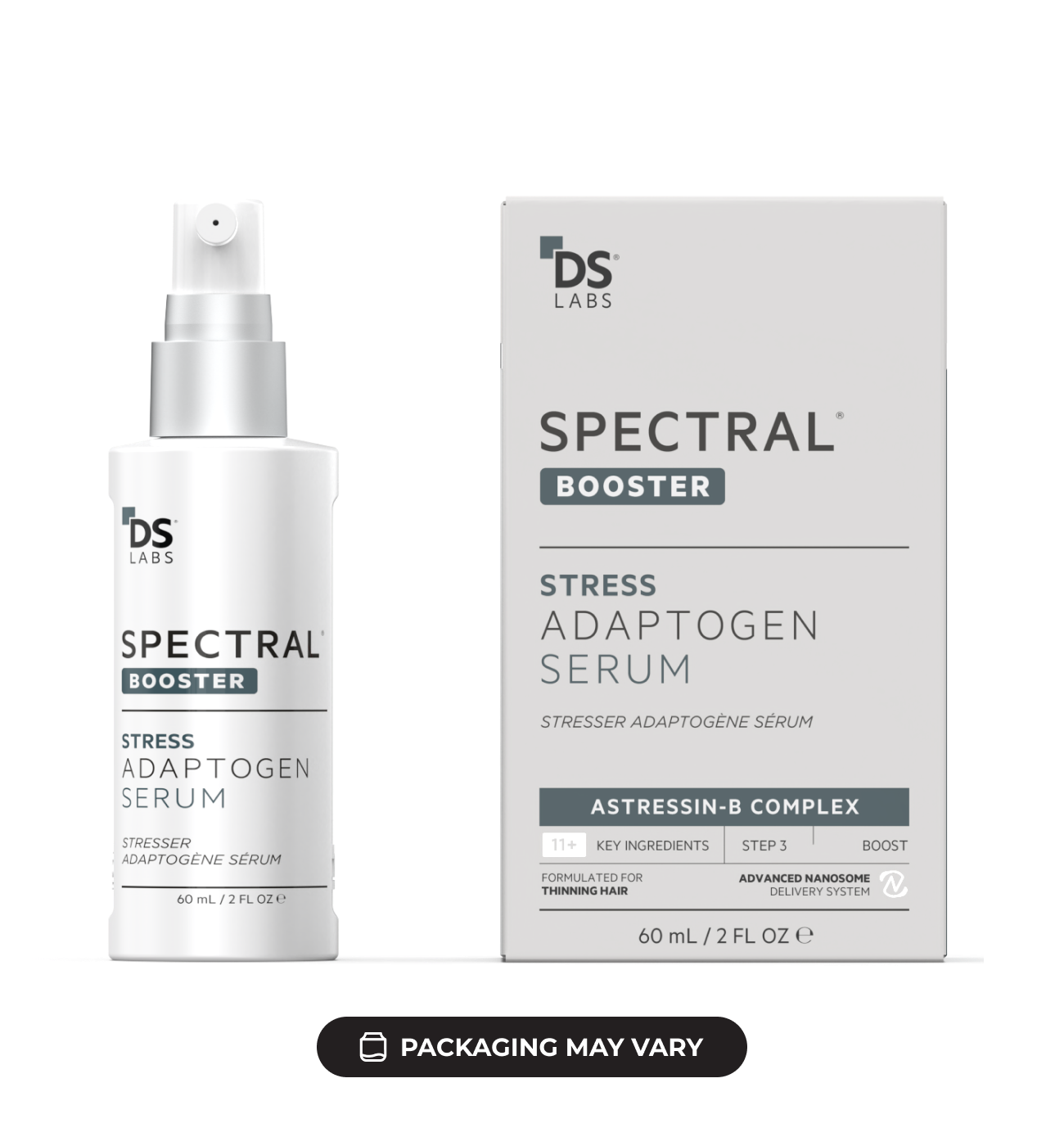In recent years, melatonin has gained recognition not only for its role in regulating sleep-wake cycles but also for its potential benefits in promoting hair health. While traditionally known as a hormone produced by the pineal gland to regulate circadian rhythms, emerging research suggests that melatonin may play a significant role in hair growth and maintenance when applied topically. In this blog post, we'll explore the science behind melatonin as a topical ingredient and its potential benefits for achieving healthier, fuller-looking hair.
Melatonin is a naturally occurring hormone produced by the body in response to darkness, signaling the onset of sleep. Beyond its role in regulating the sleep-wake cycle, melatonin possesses powerful antioxidant properties that help protect cells from oxidative stress and damage. Additionally, melatonin has been shown to exhibit anti-inflammatory effects, making it a promising candidate for various applications in health and wellness.
When it comes to hair health, melatonin's antioxidant and anti-inflammatory properties are particularly relevant. Oxidative stress and inflammation are known contributors to hair loss and thinning, as they can damage hair follicles and disrupt the normal hair growth cycle. By neutralizing free radicals and reducing inflammation, melatonin helps create a healthier environment for hair follicles to thrive.
Moreover, melatonin has been found to influence the proliferation and differentiation of hair follicle cells, potentially promoting hair growth. Studies have shown that melatonin receptors are present in hair follicles, suggesting that melatonin may directly affect hair follicle activity. Additionally, melatonin has been shown to extend the anagen (growth) phase of the hair cycle and inhibit the transition to the catagen (resting) phase, leading to longer and thicker hair strands.
One of the most promising aspects of melatonin as a topical ingredient is its safety profile. Melatonin is naturally produced by the body and has been used as a dietary supplement for decades with minimal side effects. When applied topically, melatonin is well-tolerated by the skin and does not typically cause irritation or adverse reactions, making it suitable for use in hair care products.
Incorporating melatonin into hair care products, such as shampoos, conditioners, and serums, allows for targeted delivery to the scalp and hair follicles. By applying melatonin directly to the scalp, you can maximize its benefits for hair health and potentially enhance the effectiveness of your hair care routine.
One study investigated the effects of topical melatonin application on hair growth in women with androgenetic alopecia, a common form of hair loss characterized by thinning of the hair on the scalp. The results showed that participants who applied a melatonin-containing solution experienced a significant increase in hair density compared to those who used a placebo solution. These findings suggest that topical melatonin may be a promising intervention for individuals experiencing hair thinning and loss.
In conclusion, melatonin holds promise as a topical ingredient for promoting hair health and combating hair loss. Its antioxidant, anti-inflammatory, and hair growth-promoting properties make it an attractive option for inclusion in hair care products. Whether you're looking to address thinning hair, stimulate hair growth, or simply maintain healthy locks, consider incorporating melatonin into your hair care routine. With continued research and innovation, melatonin-based hair care products may revolutionize the way we approach hair health in the future.















